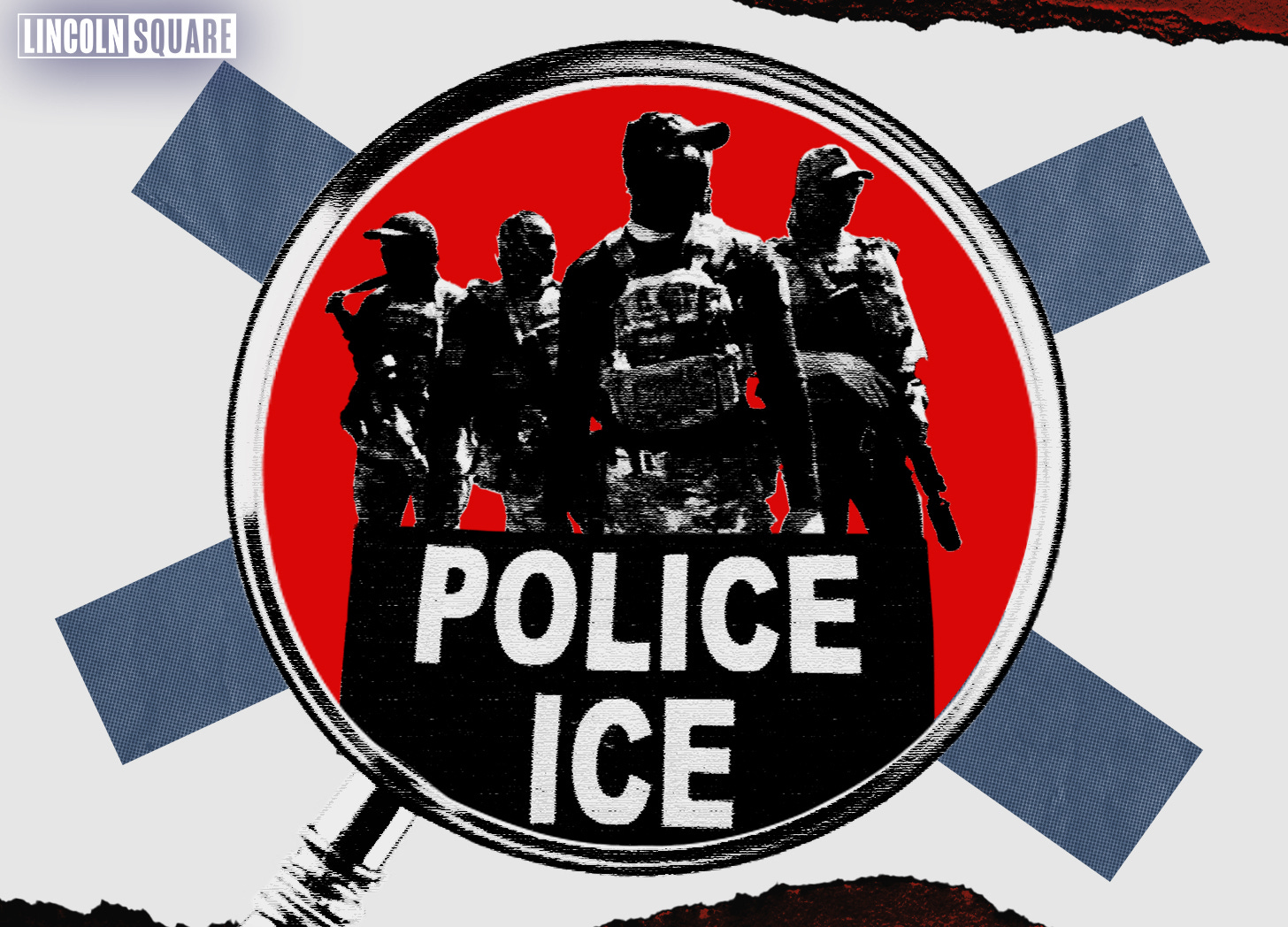A Death in Chicago and Why ICE Needs Civilian Oversight
As ICE acts more and more like a specialized police force, the hard lessons America has learned about policing become impossible to ignore.
This week, just after dropping his kids off at school, Silverio Villegas-González was killed by ICE officers in suburban Chicago. According to the Chicago Sun Times, ICE agents said they stopped the car as part of ‘targeted law enforcement activity.” The incident is described this way:
During the stop, a man allegedly resisted…




